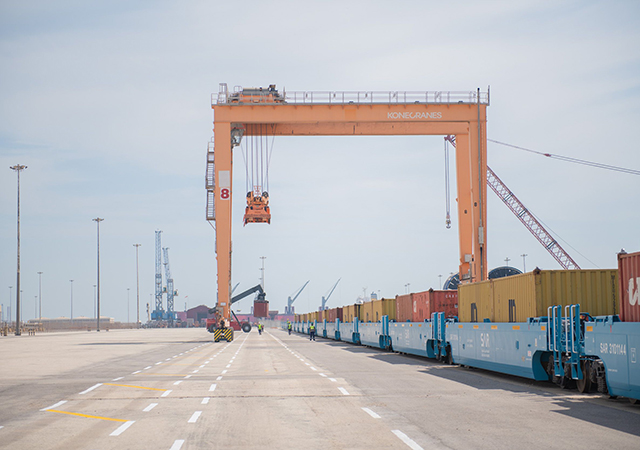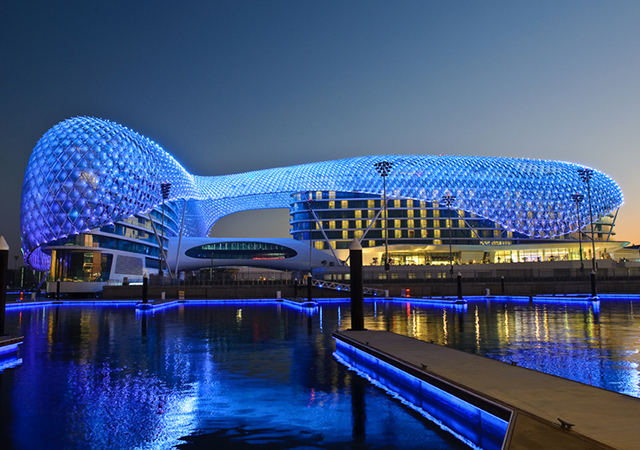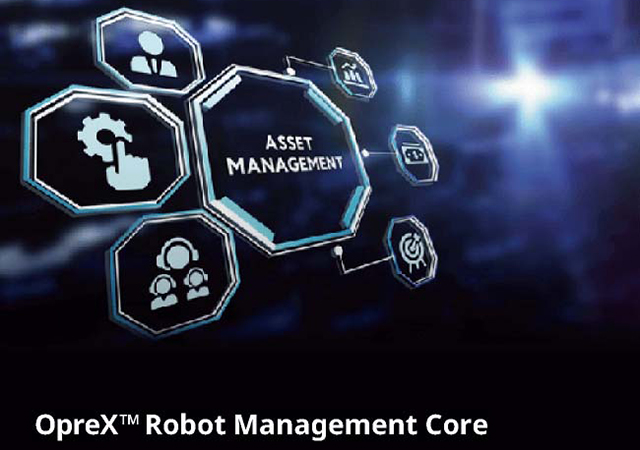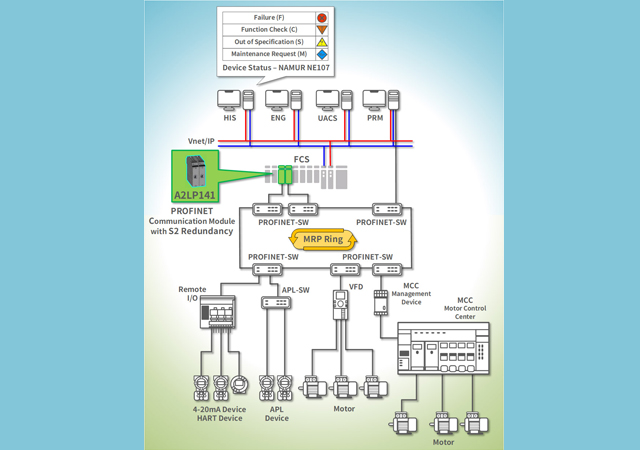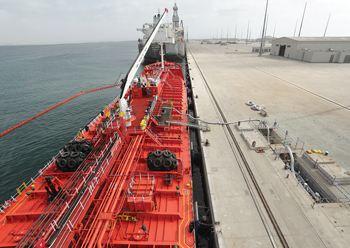
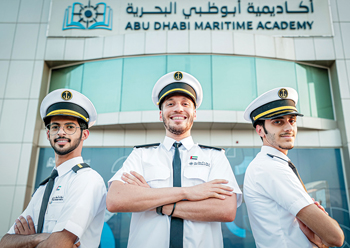 Strong talent development continues to be a challenge for the maritime industry
Strong talent development continues to be a challenge for the maritime industry
Global supply chains, security, sustainability agenda and digitalisation have become critical parts of the modern maritime ecosystem, and therefore strong talent development continues to be a challenge for the industry, according to the region’s leading logistics, industry and trade facilitator.
To meet the rising demands for advanced skill sets and encourage more young people into training, it is pertinent to raise awareness around the different types of job opportunities in the maritime sector, offer research opportunities, and maintain a diverse student quota, notes AD Ports Group in its latest white paper titled ‘Equipping the Next Generation of Maritime Talent: Why new academic approaches are required for a changing environment.’
“The sector offers a vast career ecosystem both onshore and at sea, and presents a unique opportunity to be an essential driver of the global economy. At AD Ports Group, we welcome today’s new generation of maritime talent, to ensure the sector is future-ready for tomorrow,” AD Ports Group, MD and Group CEO, Mohamed Juma Al Shamsi, said.
 |
|
Mohamed Juma Al Shamsi |
Levers of Change
With shipping volumes set to increase by about 1.3 per cent on average annually between now and 2050, the ports and maritime industry is undergoing a drastic shift to remain competitive.
Aside from meeting the growing demands of a global economy, development in the sector is underpinned by forces such as safety and security, digitalisation and the global carbonisation agenda. These trends are expected to accelerate, shining a light on the need for a diverse, multidisciplinary, and well-trained workforce to maximise the potential in the sector, the white paper notes.
Building and training a future-ready talent pool of maritime professionals has been one of the biggest challenges in today’s global maritime industry. The push to expand supply chains, improve security, and drive the sustainability and digitalisation agenda is not only creating new jobs but also evolving ones in the industry, making them more attractive to younger generations. This accentuates the importance of evolving maritime education and training to provide talented youth with the opportunity to develop the latest required skill sets.
In April this year, Abu Dhabi Ports conducted interviews with global experts in the maritime training and employment sector. The survey questions focused on the necessity to drive awareness of career opportunities in the maritime sector and preparing the next generation of seafarers and maritime leaders to implement sustainable industry standards.
Focus Areas
Based on the feedback from experts on how to promote shipping as an attractive career option, the following areas of focus were identified:
Labour deficiency: Bringing a younger workforce to the fore not only builds the existing industry workforce but will also drive a safer and digitalised industry.
Project-based training: Exposing prospective students to real-world scenarios, while simultaneously engaging their critical thinking and creativity, offers an insightful learning experience as they prepare for a career in maritime.
R&D: University and industry collaboration is critically important for businesses, driving industry transformation, commercialisation, and competitiveness through academic research that benefits internal R&D efforts.
Gender diversity: Increasing diversity also improves efficiency, teamwork and overall decision making, hence bringing more women into the talent pool is also a way to address the talent gap.
Green agenda: Incorporating sustainability into education and business is necessary to shape a sustainable future.



